Deciding whether to breastfeed is just one of the dozens (upon dozens) of decisions you’ll make while awaiting your baby’s arrival. With so much to consider, it’s understandable if you know that you want to breastfeed but aren’t quite sure where to start.
Having a plan in place can go a long way toward establishing a successful breastfeeding relationship with your child—and setting goals for breastfeeding is a great way to kick things off.
As you do the research needed to define your breastfeeding goals and create a step-by-step plan to reach them, you’ll develop a more realistic idea of what to expect while breastfeeding your baby. Setting goals for yourself can also help you remember to celebrate your unique journey along the way.
There are several reasons to breastfeed, and not every parent who breastfeeds does it for the same reason. Your motivation behind the decision to feed your child breastmilk will be as unique as your child themself.
Maybe you want to breastfeed because your doctor told you it will lower your risk of breast and ovarian cancer. Or perhaps you’ve decided to breastfeed because you want to lower your child’s risk of chronic health conditions, allergies, or obesity. Maybe you find it more affordable to breastfeed, or you simply enjoy the experience of bonding with your child through breastfeeding.
No matter what motivates you, one thing’s for certain: “why” is a powerful word. Keeping your focus on the reasons that you’re breastfeeding can be a great source of motivation, especially if obstacles arise.
Whether it’s from a healthcare professional, partner, or friend who has breastfed before, parents who have a strong support system tend to breastfeed longer.
There are lots of wonderful things about breastfeeding your child, but one of the most precious elements is that it’s about your baby and you. Not anyone else! It’s intensely personal, which means that you get to decide what a “successful breastfeeding journey” means.
Currently, the World Health Organization (WHO) recommends parents exclusively breastfeed their child for the first six months of life, then continue breastfeeding alongside complementary food for two years. The American Academy of Physicians recommends the same, reflecting recent changes in guidance.
But here’s the thing: these recommendations don’t take into context the many factors that come into play in a family’s life. While these recommendations may be great goals for some, they may not be the right fit for others.
If you’re not sure what success might look like to you, consider reaching out to a lactation consultant. One of their jobs is to help breastfeeding families figure out how breastfeeding works—not just latching and milk production, but how to make it work for their families.
Goal-setting pro-tip: Setting achievable goals can be overwhelming. To make it easier, set goals that are S.M.A.R.T. (Specific, Measurable, Attainable, Realistic, Time-bound).
S.M.A.R.T. goals can feel more manageable. A few examples:
With the right preparation, knowledge, and community, a positive breastfeeding experience is within reach! As you decide which goals you should set, give some thought to the areas where you might benefit from some extra support.
For example, if you set a goal to breastfeed for six months, but your parental leave ends after twelve weeks, you might need some guidance on balancing breastfeeding with returning to work. If you want to have a certain number of ounces of milk in your freezer before you go back to the office, you might find it helpful to learn how to get and keep a good milk supply.
Is there anyone in your circle who is as invested as you are in seeing you meet your breastfeeding goals?
Maybe your partner is your biggest supporter. Maybe you’re able to access a lactation consultant or postpartum doula. Maybe you have a family member or close friend who’s successfully met their own breastfeeding goals.
Make a list of these support people, and make sure they know they're on it. Ideally, these will be the folks who check in with you regularly, encourage you, and track how your goals are progressing.
Early education makes a noticeable difference when it comes to breastfeeding longevity.
If you’re able, learn about breastfeeding before your baby arrives to set yourself up for success and minimize confusion and stress during the early postpartum period. This could mean looking up different positions to breastfeed in or finding affordable resources and support groups in your area.
Finding support can be as easy as connecting with an online community. At Nest Collaborative, we offer a full range of (insurance covered) breastfeeding support services, from our Latch Lounge support group, prenatal education, and more.
You may also find it helpful to set your home up for breastfeeding success. Consider whether new household routines might be helpful for breastfeeding. Even simple changes like creating a comfortable breastfeeding space or designating a specific area of your kitchen for storing breastfeeding equipment can make an impact.
When it comes to breastfeeding, some degree of expecting the unexpected can actually be healthy. Do your best to stay open-minded and flexible about your goals. There’s no need to feel like a "failure" if you’re unable to meet a goal that doesn’t feel achievable once the reality of full-time breastfeeding sets in.
Breaking your breastfeeding goals up into smaller, more manageable chunks might also make them feel more attainable. For example, you might set specific goals for the immediate postpartum phase, the postpartum period between 2-3 weeks, and for different milestones such as 1-3 months, 3-6 months, and 6-12+ months after your baby is born.
You might hope to breastfeed for a total of two or more years. However, starting with a smaller goal like a successful first feeding in the hospital, meeting it, and then setting a new goal to strive for can be empowering.
Breastfeeding is a journey. It demands patience, endurance, and support from those around you. Working toward specific goals along the way provides a powerful sense of direction and motivation.
The strength of setting breastfeeding goals is rooted in the process. Researching your goals helps to ensure that you’re prepared for any challenges that you may face along the way.
But don’t forget your wins—celebrating them is a must, no matter how large or tiny they may feel. It's important to notice and appreciate your progress toward your goals, whether it's reaching a milestone in breastfeeding, getting through a hard day, or just having a really enjoyable breastfeeding session. It’s also fulfilling to take the time to recognize and thank your support people for their contributions to your success.
Achieving a goal is a wonderful feeling, especially when that goal is in service of something as invaluable as your child’s wellbeing.
And make no mistake—your breastfeeding goals can be achieved. If you’re ready to get started, make sure you have the help you need. Nest Collaborative's online international board-certified lactation consultants (IBCLCs) make it easy to talk to a lactation consultant during the day and after work via video chat. No matter where you are in your breastfeeding journey, we want to help.
Schedule a consultation today and let’s work together to meet your breastfeeding goals.
